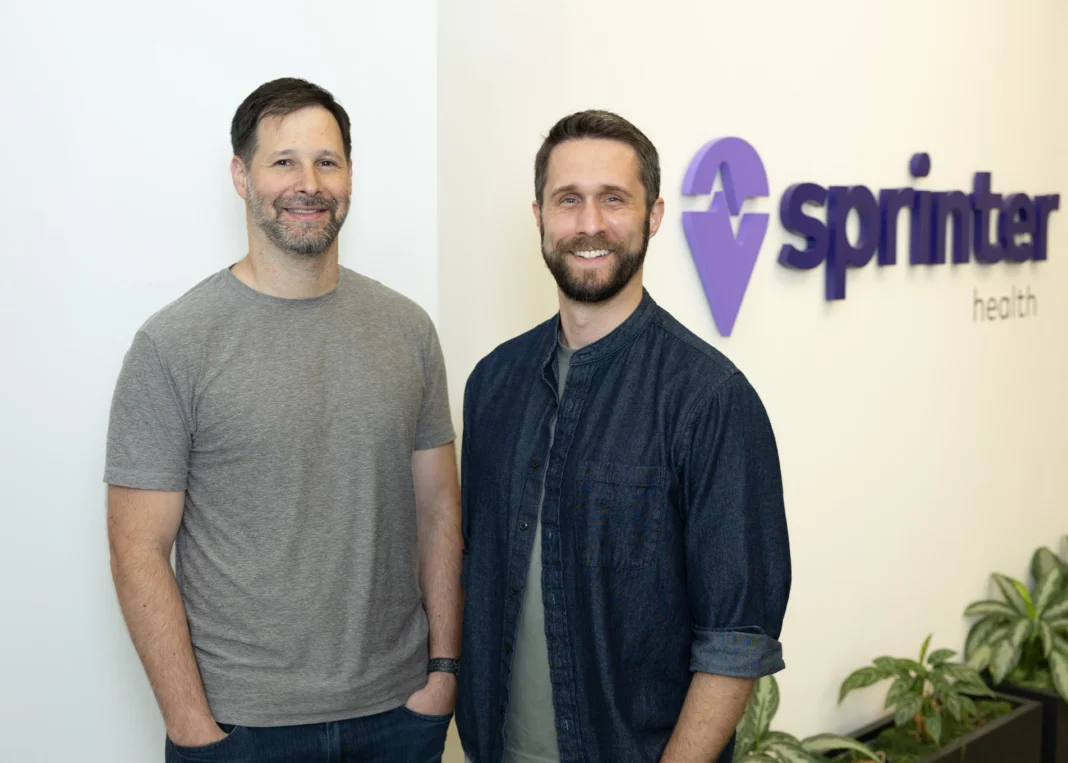When Silicon Valley veterans Max Cohen and Cameron Behar left their posts at Google and Facebook, they didn’t pivot to the next social app or crypto hype. They aimed higher—into the heart of America’s most critical system: healthcare. The duo, galvanized by the pandemic’s urgent spotlight on medical access, co-founded Sprinter Health, a fast-scaling startup redefining how preventive care reaches patients.
Without traditional medical backgrounds, Cohen and Behar took a tech-first approach, designing Sprinter as a logistics-powered health service for the underserved niche between telemedicine and traditional clinic visits. Their solution? Deploy phlebotomists and medical assistants directly to patients’ homes, offering essential preventative services such as blood draws, diabetic retinal exams, and colorectal cancer screenings.
The startup’s rise has been anything but modest. Since its founding in 2021, Sprinter Health now operates in 18 states, up from just five last year. Its revenue has grown six-fold over the past 12 months, a sharp metric that caught the eye of leading investors. The company recently closed a $55 million Series B round led by General Catalyst, with participation from Andreessen Horowitz, Google Ventures, Accel, and the Regents of the University of California. This round brings the startup’s total funding to $125 million—a powerful endorsement of its vision and scalability.
Unlike traditional home healthcare providers struggling to balance service and cost, Sprinter has honed in on what Behar calls their “operational edge”—a proprietary route simulation engine. This tech system maximizes daily visit counts by calculating real-time traffic, weather, and parking conditions, enabling clinical staff—known internally as “sprinters”—to efficiently visit up to 12 patients per day.
The logistics-first healthcare model is drawing comparisons to gig-economy darlings like Instacart and DoorDash, but with a vital twist—these sprinters deliver health, not groceries. As a16z general partner Julie Yoo, who also serves on Sprinter Health’s board, explains, “Most at-home care ventures collapse under the weight of inefficiencies. Sprinter’s systematized approach is what makes the economics work.”
A key differentiator in Sprinter’s strategy is partnership with major insurance providers, including Medicare and Medicaid. For members of these plans, Sprinter’s services are completely free—an access point that helps bring previously disengaged patients back into the healthcare loop.
Cohen sees the mission as long-term: “Our north star is preventive health. We want to make it easier for patients to take proactive steps without the barrier of clinic visits, which often go skipped for years.”
As at-home services gain broader acceptance across industries, Sprinter Health isn’t just filling a pandemic-era need—it’s rearchitecting preventive care into an accessible, modern experience. And with $55 million in fresh capital, it’s sprinting ahead of the curve.


